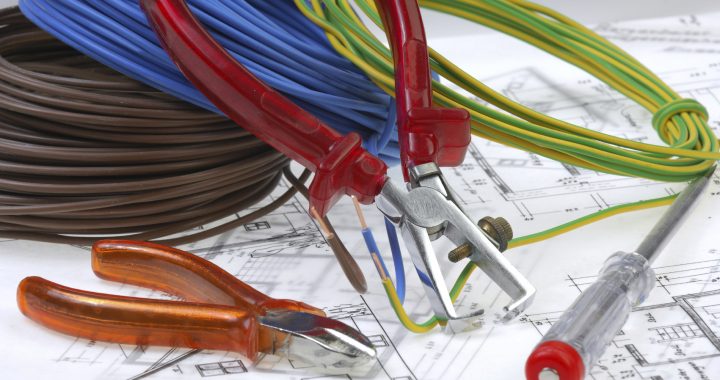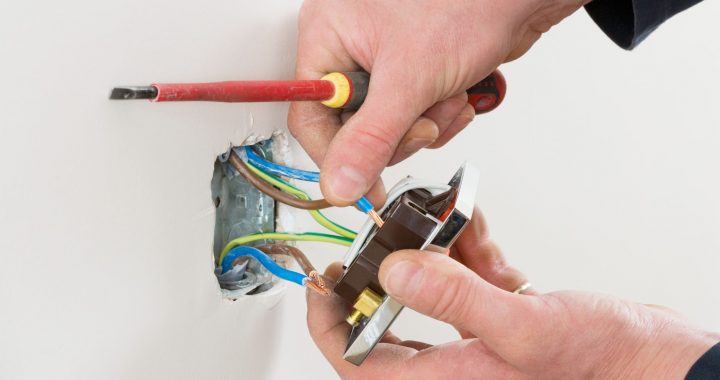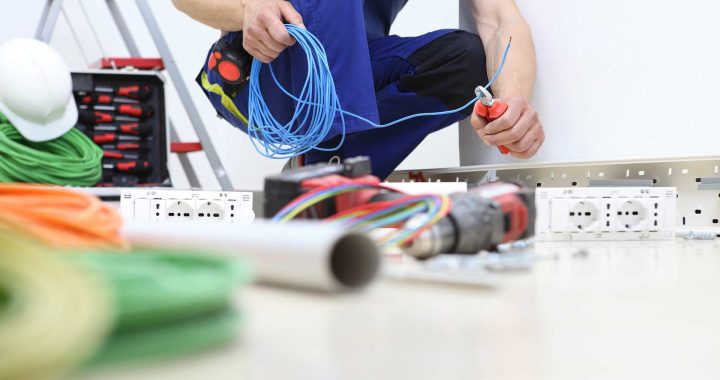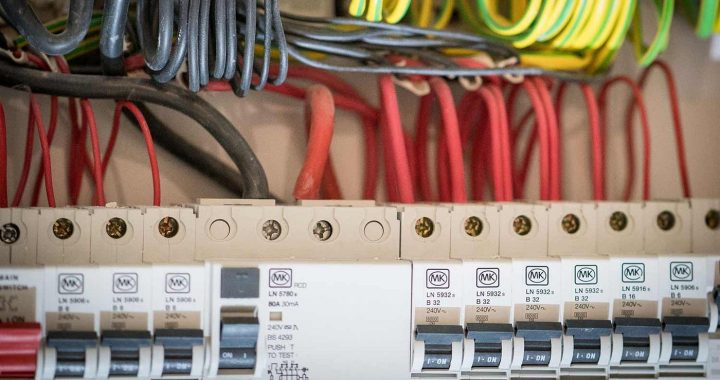As homes and businesses in Ireland transition toward cleaner, smarter energy, future-proofing a new electrical installation is no longer a luxury—it’s a necessity. With electric vehicle (EV) charging points, solar panels, and heat pumps becoming mainstream, designing your electrical system with these technologies in mind can save significant time, money, and disruption later.
One of the most important considerations is **capacity**. Traditional electrical installations were not designed for the increased loads created by EV chargers and heat pumps. When installing a new consumer unit or distribution board, it’s essential to allow for higher current demand and spare capacity. This may include upgrading the incoming supply, fitting larger cables, and ensuring sufficient space for additional circuit breakers and protection devices.
**EV charging points** typically require dedicated circuits and, in many cases, load-management systems to prevent overloading the supply. Future-proofing means installing suitable cabling routes, spare ways in the consumer unit, and considering smart chargers that can integrate with solar generation and time-of-use tariffs.
For **solar panels**, planning ahead involves more than just roof space. Your electrical installation should accommodate an inverter, generation meter, export meter, and potentially a battery storage system. Leaving space near the consumer unit, installing appropriately rated isolators, and allowing for future battery connections can make later upgrades straightforward and cost-effective.
**Heat pumps**, whether air-source or ground-source, also place additional demands on the electrical system. They often require dedicated supplies, external isolators, and sometimes three-phase power for larger properties. Ensuring your installation can support these requirements avoids expensive retrofits when switching from gas or oil heating in the future.
Another key element is **smart energy management**. Modern electrical installations can integrate smart meters, energy monitoring, and home energy management systems that balance demand between EV charging, heat pumps, and household use—maximising efficiency and reducing costs.
Finally, always work with a qualified electrician who understands current regulations and emerging technologies. A well-designed, future-proof electrical installation not only supports today’s needs but also protects your investment, increases property value, and ensures your home or business is ready for the low-carbon future.




